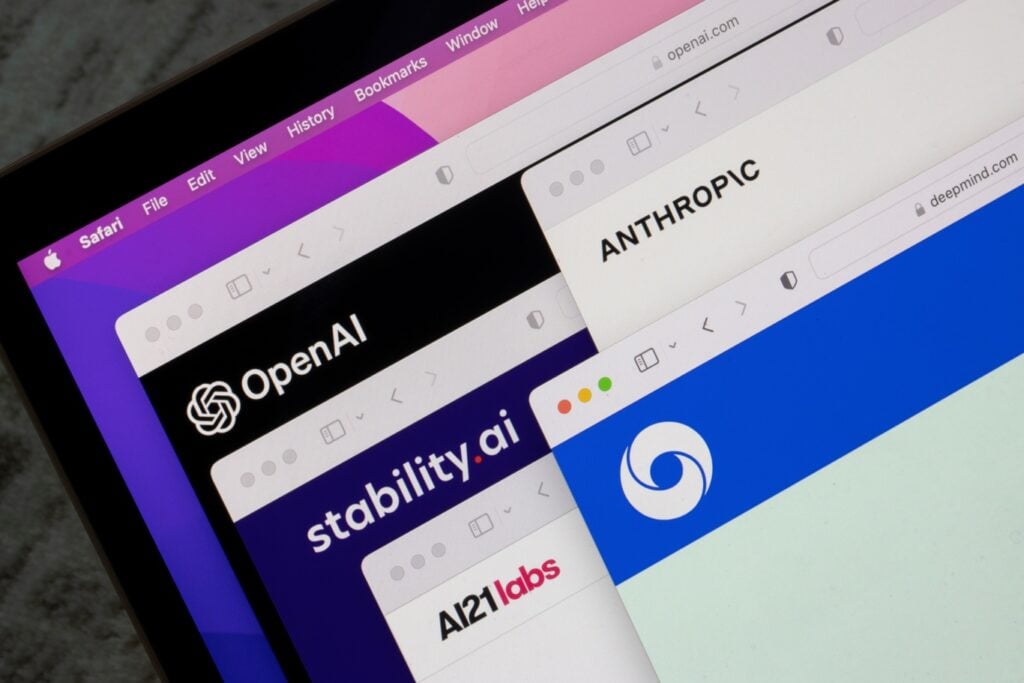Photo: PixieMe/Shutterstock.com
Google has announced an overhaul of its search algorithm to prioritise valuable content and mitigate spam and low-quality information on the web.
The tech giant is looking to fine-tune its ranking systems and address evolving challenges posed by manipulative tactics and the rise of generative AI tools.
Pandu Nayak, Google’s Vice President of Search, disclosed that the search giant is actively downranking content that serves only to rehash existing information. This includes content generated by AI tools, a practice that has become increasingly prevalent in Search Engine Optimisation (SEO).
Additionally, Google is stepping up efforts to counter deceptive techniques employed by individuals attempting to manipulate search rankings, reported The Verge.
While Google routinely refines its algorithms, the public disclosure of these changes signifies their substantial impact. Nayak revealed that Google’s measurements indicated a noteworthy reduction in unhelpful content.
Google has outlined three categories of spammy behaviour that Google is targeting for downranking. The first involves websites that mass-produce low-quality articles through low-paid writers or AI generators.

The second category, ‘site reputation abuse,’ refers to reputable websites renting out sections for spammy content. The third category, ‘expired domain abuse’, involves the purchase of abandoned high-ranking domains to host subpar content and manipulate search results.
Currently, Google allows a 60-day grace period for sites engaging in reputation abuse to rectify their behaviour before ranking changes take effect. The remaining changes will be implemented immediately.
“The healthy, high-quality ecosystem is exactly the one that gets affected when spammers and low-quality purveyors of information get control of ranking,” said Nayak.
However, Google’s job is not easy. With the rise of generative AI, Google will balance the proliferation of AI with ensuring that low-quality articles do not rank on search engines. Low-quality articles defeat the purpose of ‘googling’ and information retrieval, and this is a welcome step by the tech giant.
In the News: Microsoft ceases support for Android subsystem in Windows 11






